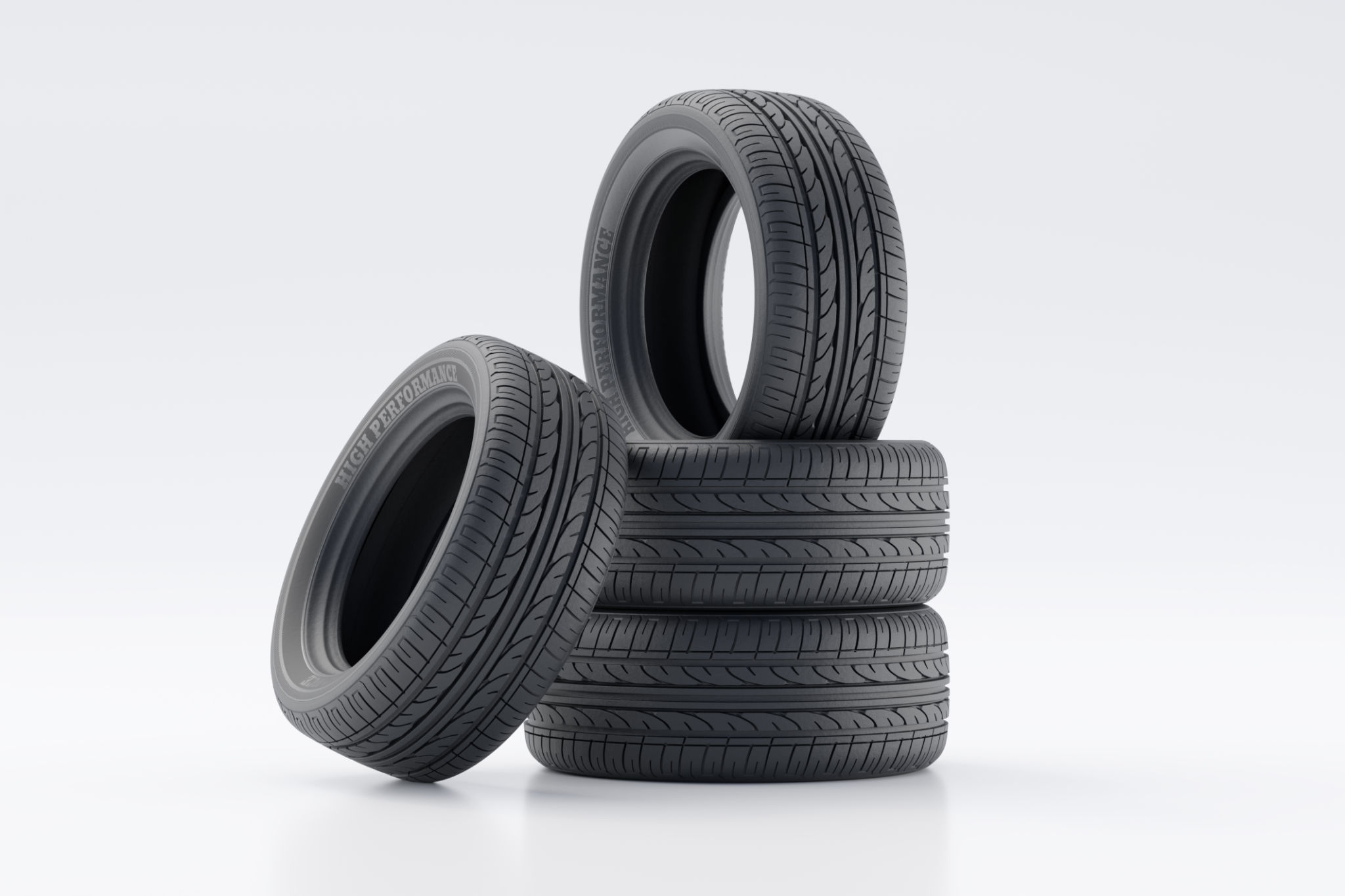The Ultimate Guide to Choosing the Right Wheels and Tires for Your Vehicle
Understanding Your Vehicle's Needs
Choosing the right wheels and tires for your vehicle is crucial for both performance and safety. The first step in this process is understanding what your vehicle needs. Consider factors such as the type of vehicle you drive, its typical uses, and the environment where you usually drive. Whether you have a sedan, SUV, or truck, each has specific requirements that impact the choice of wheels and tires.

Types of Tires
Tires come in various types, each designed for specific purposes. Some of the most common include:
- All-Season Tires: Ideal for year-round use, offering a balance of performance and comfort.
- Winter Tires: Specifically designed for cold temperatures and icy or snowy conditions.
- Performance Tires: Designed for enhanced handling and performance, often used in sports cars.
- Off-Road Tires: Built for rough terrains, perfect for trucks and SUVs that frequently venture off the beaten path.
Choosing the right type of tire depends on your driving habits and the climate in your area.
Size Matters
The size of your wheels and tires significantly affects the performance and aesthetics of your vehicle. It's crucial to select the correct size to ensure compatibility and optimal performance. You can find the recommended tire size in your vehicle’s manual or on the sticker inside the driver’s door.

Reading Tire Specifications
Tire specifications can appear complex, but they are vital for making an informed decision. The numbers and letters on a tire's sidewall indicate its width, aspect ratio, and diameter. For example, a tire marked as P215/65R15 means:
- P: Passenger car tire
- 215: Width of the tire in millimeters
- 65: Aspect ratio (height to width ratio)
- R: Radial construction
- 15: Diameter of the wheel in inches
Choosing the Right Material
Wheels are made from various materials, each offering distinct advantages. Steel wheels are durable and cost-effective, making them ideal for winter driving. Alloy wheels are lighter and often more aesthetically pleasing, offering better performance and fuel efficiency. Considering the pros and cons of each material will help you make a suitable choice.

Balancing Performance and Budget
When choosing wheels and tires, it's essential to balance performance with your budget. While premium options offer enhanced features, they can be costly. Consider what features are most important to you and how they align with your budget. Sometimes, mid-range options provide an excellent balance between performance and cost.
Conclusion
Choosing the right wheels and tires for your vehicle involves understanding your vehicle's specific needs, selecting the right size and type, and balancing performance with your budget. By taking these factors into account, you can enhance your driving experience and ensure safety on the road. Make sure to consult professionals if you're uncertain, as they can offer personalized advice tailored to your vehicle and driving habits.